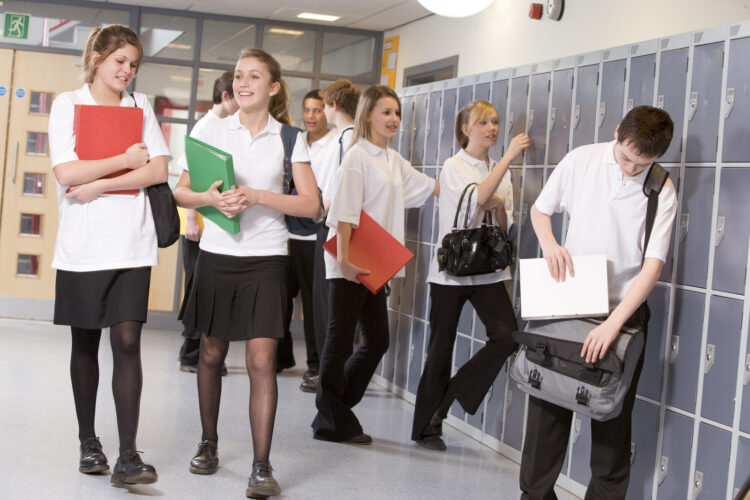By Gavin Mackintosh-
Secondary school pupils with poor reading levels were provided with “little, if any” reading work when learning from home during the spring term, Ofsted has found.
The watchdog revealed its findings from its spring monitoring inspections ,conducted remotely and covered schools currently graded inadequate or requires improvement.
Notable among the various observations made by the education regulator was that keeping motivated has been a struggle for almost every child during the pandemic. By the end of the third lockdown, “even children who had been motivated at first, had ‘switched off’ completely.
It found among many things that many parents lacked the necessary skills to support their children during the lockdown, and needed better guidance to help them make progress.
The guidance they needed included helping their children with reading at home. Older primary pupils who could not read well “were not always given the support they needed”
Ofsted found many schools provided access to online books while others delivered physical books “to keep reading going while at home”.
The regulator also said that some secondary schools included whole class reading sessions as part of their form time during remote education sessions, while others set expectations to read daily or provided online book
Ofsted said phonics teaching continued both on site and at home during lockdown in most primary schools, however schools found it “tricky” to teach it remotely.
Ofsted found many schools provided access to online books while others delivered physical books “to keep reading going while at home”.
Ofsted said it was “good to see so many leaders giving careful thought to improving their curriculum” even in light of the disruption of the pandemic.
Yet curriculum thinking and planning “tended to lag behind” in maths and English. The watchdog also recognised that the differing experiences of children during lockdown has “some serious implications for planning and delivering the curriculum”.
The education regulator found that keeping motivated has been a struggle for almost every child during the pandemic.
Yet schools told Ofsted that by the end of the third lockdown, “even children who had been motivated at first, had ‘switched off’ completely.
The inspections also found that there was a wide variation in the number of vulnerable pupils and those with special educational needs and disabilities (SEND) attending school.
Ofsted heard that leaders were going “out of their way to encourage children to come into school, so that they could provide them with the support that they needed”.
But they also heard that parents of these children were sometimes “too worried to send their children in.”
Previously research from Ofsted found some children have no access to computers at home while others use a parent’s phone.
“Remote education does not have to be delivered online. However, the reality is that it often is. As a result, children not being able to take part in, for example, live lessons has been a problem for some families – although there have been efforts to address this.”

